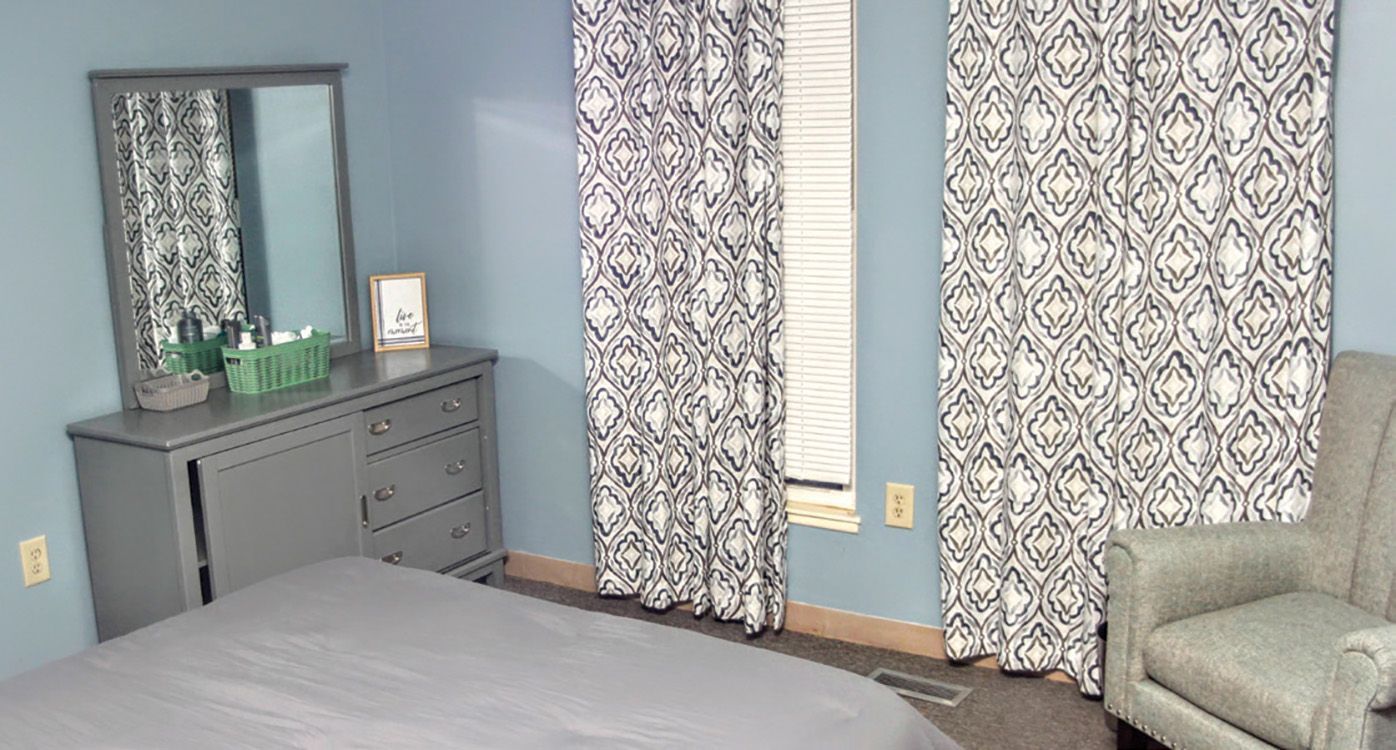This new program, funded by the Massachusetts Department of Children and Families, is for up to 10 individuals, aged 18 to 22, who are referred by DCF and need additional support as they transition into adulthood before moving on to independent or supported living.
MHA offers young adults from DCF care the opportunity to have an apartment within a small complex where MHA staff provides services to help them set and achieve individual goals and live as independent adults once they age out or leave the program.
Referred individuals must be able to attend to their activities of daily living and to safely administer their own medications. Rental and related expenses are covered in the program and a weekly stipend is given to help with individual meal planning and preparation.
It is preferred, but not required, that an individual be employed or enrolled in school at the time of referral. Staffing includes a program director, supervisor, clinical case manager, licensed practical nurse, two life coaches, an employment-housing coordinator, and direct-care staff.
Preparing Youth for Adulthood
This new program, funded by the Massachusetts Department of Children and Families, is for up to 10 individuals, aged 18 to 22, who are referred by DCF and need additional support as they transition into adulthood before moving on to independent or supported living.
MHA offers young adults from DCF care the opportunity to have an apartment within a small complex where MHA staff provides services to help them set and achieve individual goals and live as independent adults once they age out or leave the program.
Referred individuals must be able to attend to their activities of daily living and to safely administer their own medications. Rental and related expenses are covered in the program and a weekly stipend is given to help with individual meal planning and preparation.
It is preferred, but not required, that an individual be employed or enrolled in school at the time of referral. Staffing includes a program director, supervisor, clinical case manager, licensed practical nurse, two life coaches, an employment-housing coordinator, and direct-care staff.
Independent Living
Residents
live in a small apartment complex of three floors with two apartments per floor, each with two bedrooms. One of the six units serves as office space for MHA program staff. Two residents share an apartment, each with his or her own bedroom. Residents sign occupancy agreements but are not responsible for rent or utilities.
Program Highlights
Young adults accepted into the program live with a roommate in a small apartment complex of six two-bedroom apartments in a community with easy access to transportation, shopping, and employment. They are expected to maintain their daily schedule, jobs, and educational responsibilities, and cook their own meals. The emphasis is about living on their own, with their own apartment, as preparation for complete independent living as adults. An MHA staff member is available on-site 24/7 for assistance.
The program’s trauma-informed framework utilizes the Cambridge-based Institute for Health and Recovery’s “Developing Trauma-Informed Organizations” and SAMHSA’s “Concept of Trauma and Guidance for a Trauma-Informed Approach.”
The program’s Clinical Case Manager meets with residents to identify and set individual goals, completes all assessments and treatment plans, and is the liaison with DCF and families. The nurse, available part-time, provides physical health and medication, self-administration assessments, coordinates healthcare with community providers, and discusses appointment scheduling and follow-up with residents. Residents have access to outpatient clinical therapy services through MHA’s BestLife Emotional Health and Wellness Center.
Life Coaches assist with such skills as opening a bank account, paying bills, and managing income in order to save for future needs. The employment-housing coordinator helps with vocational assessment, job development, and housing readiness in transition from the program.
Who The Program Is For
This program is designed for DCF referrals who are 18 to 22 years old and able to live independently with staffing support and cooperatively with a roommate. For example, if an individual enters the program at 18 and adheres to program guidelines, they can remain in the program until they turn 22. Individuals referred must have the ability to self-administer medication or capacity to learn. They must also be enrolled, or have the ability to enroll, in school or a vocational program or be employed/have the ability to be employed.
Benefits For Referred Individuals
Residents
receive financial and other support to live with their peers in a small apartment complex while working or going to school, with regularly scheduled check-ins throughout the day and night provided by MHA program staff. Residents learn life skills to access and engage with community resources to successfully achieve and maintain independent community living when they leave the program. Access to emotional health and wellness clinical supports and linkage to community-based behavioral health services are available.
Referral Information:
To join this program, which houses up to 10 people, individuals must meet the following criteria:
- DCF referrals, who are 18 to 22 years old, and are able to live independently with staffing support and cooperatively with a roommate. Individuals who enter the program at 18 and adhere to program guidelines can remain in the program until they turn 22.
- Individuals referred must have the ability to self-administer medication or capacity to learn.
- Individuals must also be enrolled, or have the ability to enroll, in school or a vocational program or be employed or have the ability to be employed.
Get In Touch
Please complete the form below to contact us. We utilize secure transfer and encryption for all information submitted in this form however for your personal safety, please do not submit any insurance account numbers, social security numbers, or other highly sensitive information.






